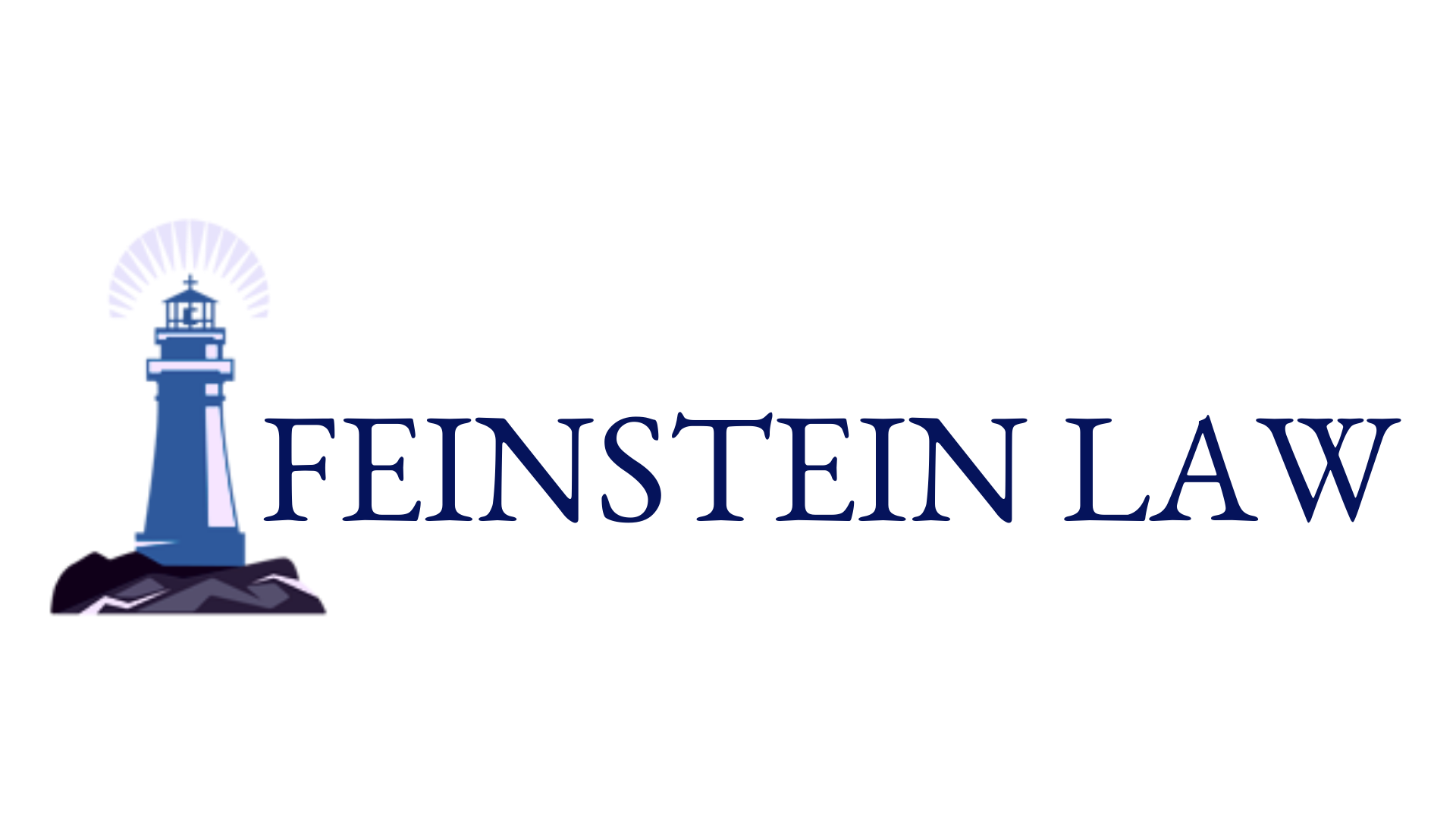On December 17, 2014, the U.S. Securities and Exchange Commission (“SEC”) charged Avon Products, Inc. (“Avon”), a global beauty products manufacturer and seller, with failing to have corporate controls and oversight that could have detected and prevented payments made in violation of the Foreign Corrupt Practices Act (“FCPA”).
The Foreign Corrupt Practices Act of 1977, as amended, (“FCPA”), was enacted for the purpose of making it unlawful for certain classes of persons and entities to make payments to foreign government officials to assist in obtaining or retaining business. Specifically, the anti-bribery provisions of the FCPA prohibit the willful use of the mails or any means of instrumentality of interstate commerce corruptly in furtherance of any offer, payment, promise to pay, or authorization of the payment of money or anything of value to any person, while knowing that all or a portion of such money or thing of value will be offered, given or promised, directly or indirectly, to a foreign official to influence the foreign official in his or her official capacity, induce the foreign official to do or omit to do an act in violation of his or her lawful duty, or to secure any improper advantage in order to assist in obtaining or retaining business for or with, or directing business to, any person. Since 1977, the anti-bribery provisions of the FCPA have applied to all U.S. persons and certain foreign issuers of securities. With the enactment of certain amendments in 1998, the anti-bribery provisions of the FCPA now also apply to foreign firms and persons who cause, directly or through agents, an act in furtherance of such a corrupt payment to take place within the territory of the United States. This type of power and long-arm reach makes the FCPA, arguably, one of the most powerful enforcement laws in the world.
According to court documents, Avon also violated Section 13(b)(2)(A) and (B) of the Securities Exchange Act of 1934 (“Exchange Act”) when it failed to keep proper accounting practices as required to adhere to the FCPA, including falsifying books and records to conceal cash payments made to Chinese government officials. In late 2005, Avon’s own internal audit team reported potential issues concerning things of value provided to Chinese government officials. However, remedial measures to address the issues were not implemented at Avon Products China even after management consulted an outside law firm, who directed Avon to make reforms but similar issues related to Avon Products China were raised again at the end of 2006. Finally, in May 2008, Avon began a full-blown internal review of its compliance with the FCPA after its CEO received a letter from a whistleblower in China.
According to the SEC’s complaint, Avon’s Chinese subsidiary made $8 million worth of payments in cash, gifts, travel, and entertainment to various Chinese officials to gain access to officials drafting and implementing direct selling regulations in China, to be among the first allowed to test the regulations, to be the first to receive a direct selling license, and, subsequently to keep the clean corporate image required to retain the license. Some examples of payments alleged in the complaint include payments for travel within China or to the United States or Europe, corporate box tickets to the China Open tennis tournament, gifts of Louis Vuitton merchandise, Gucci bags, and Tiffany pens, and $1.65 million for meals and entertainment. For these practices, Avon received approval to test direct selling in China in 2005, and in March 2006, it received the first direct selling business license.
The complaint also alleges payments made to avoid fines or negative news articles that might have impacted Avon’s corporate image and affected the Chinese subsidiary’s direct selling license. In some instances, the payments were concealed by falsely recording the transactions as employee business expenses or as re-imbursement of a third-party vendor. In other instances, the records for the payments set forth almost no detail at all. The resulting books and records did not allow a reviewer to ascertain the government official or state-owned entities that received the payments or the purpose for which the payments were made.
Now, Avon has consented to the entry of a proposed final judgment ordering the company to pay disgorgement of $52,850,000 in benefits resulting from the alleged misconduct, plus prejudgment interest of $14,515,013.13, and the company is required to retain an independent compliance monitor to review its FCPA compliance program for a period of 18 months, followed by an 18-month period of self-reporting on its compliance efforts, amongst other penalties. In reaching the proposed settlement, the SEC took into account Avon’s cooperation and significant remedial measures, including its implementation of an enhanced compliance program and worldwide FCPA training. In related criminal proceedings, the U.S. Department of Justice and the United States Attorney’s Office for the Southern District of New York today announced a deferred prosecution agreement with Avon and criminal charges against Avon’s Chinese subsidiary. Avon entities agreed to pay over $67 million in criminal penalties in connection with those proceedings. Avon must pay a total of nearly $135 million dollars for the actions and inactions taken in violation of U.S. securities law. The final settlement is subject to the approval of the U.S. District Court for the Southern District of New York.
If you believe your company may have violated either Section 13(b) (the book keeping provision) of the Exchange Act or any provision of the FCPA, please contact us immediately at (619) 990-7491.
This securities law blog post about Avon and the FCPA is provided as a general informational service to clients and friends of Feinstein Law, PA and should not be construed as, and does not constitute, legal and compliance advice on any specific matter, nor does this message create an attorney-client relationship. For more information concerning the rules and regulations affecting the going public direct transactions and direct public offerings please contact Feinstein Law, PA at (619) 990-7491 or by email at Todd@Feinsteinlawfirm.com or JDunsmoor@Feinsteinlawfirm.com. Please note that the prior results discussed herein do not guarantee similar outcomes.

